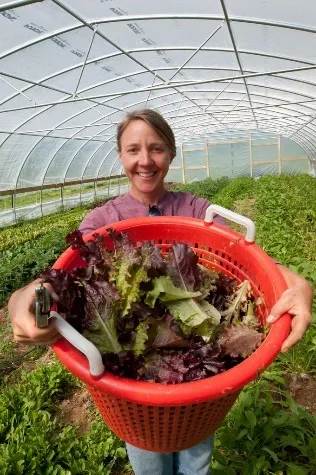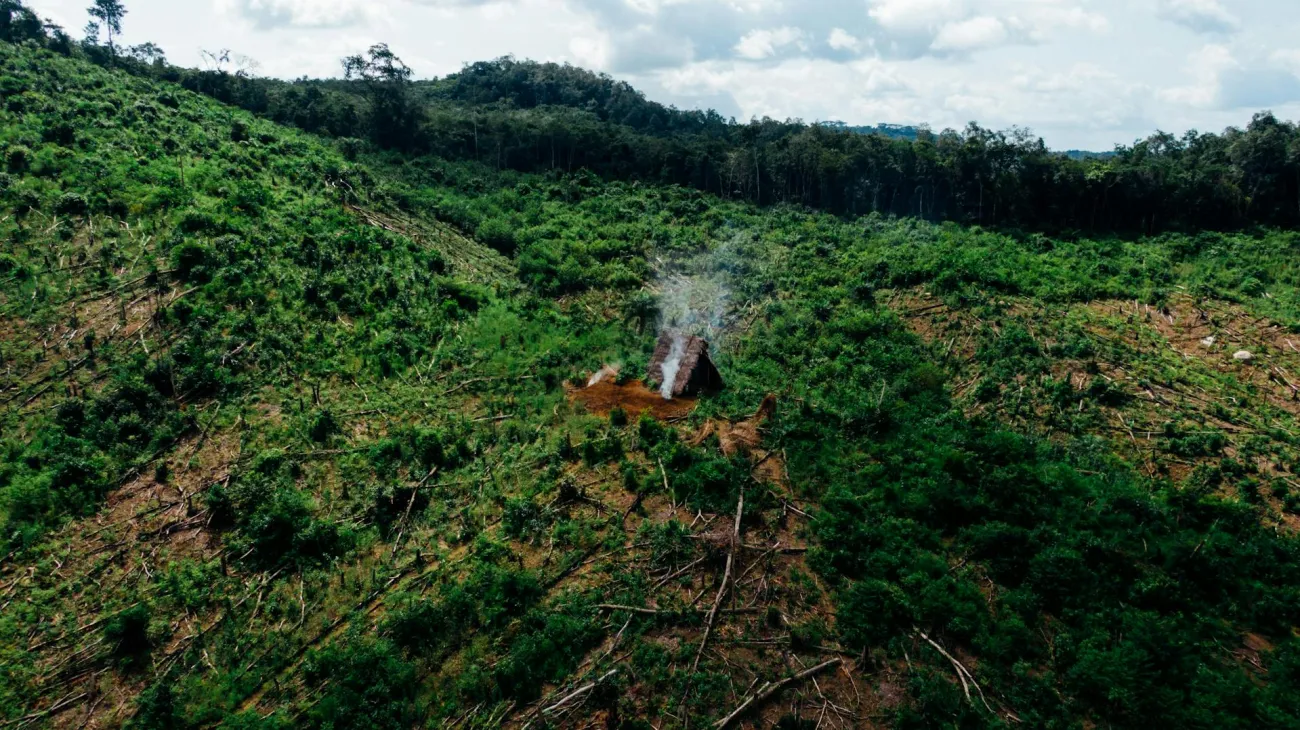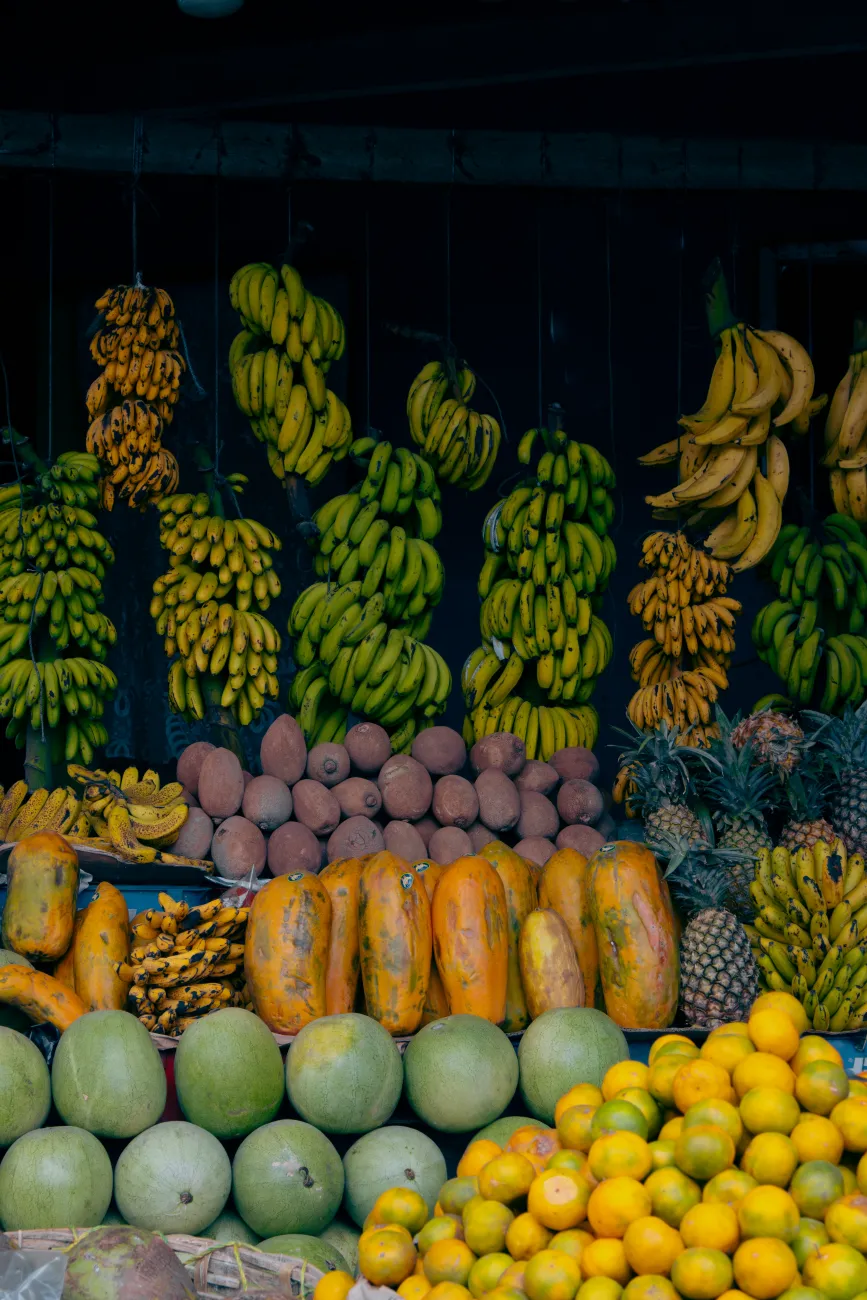In the paper Organic agriculture in the twenty-first century by Reganold and Wachter (2016), that the FCRN has previously summarised, organic agriculture was found to be more profitable and environmentally beneficial compared with conventional farming as well as more productive and profitable in the long term, especially in developing countries where it provides an “ideal blueprint in addressing climate change”.

In a letter responding to this in Nature Plants, Swedish researchers argue that the Reganold and Wachter paper does not provide a satisfactory analysis of crop yield levels, soil fertility, leaching of nutrients and energy aspects and that the selection of references to support their message is biased. They state that the original article “cited a number of reviews and meta-analyses to demonstrate the advantages of organic agriculture, but several of these do not take into account important boundary conditions — such as how organic crop yields are affected by nutrient transfer from conventional to organic agriculture, and the requirement for more arable land to produce sufficient food with organic methods.”
In a second response to Reganold and Wachter, Cath Tayleur and Ben Phalan argue that while organic farming can offer important lessons for improving agricultural sustainability, current organic certification systems do little to prevent deforestation and other forms of habitat conversion.
Citation
Bergström, L., Kirchman, H., (2016) Are the claimed benefits of organic agriculture justified? Nature Plants 2, doi:10.1038/nplants.2016.99
Read the full paper here (requires journal access) and see Reganold and Wachter’s response to the critique here. You can find the (shorter) response to Reaganold and Wachter by Cath Tayleur and Ben Phalan here as well as Reganold and Wachter’s reply here.
See related resources in the Research Library categories on Primary production: Agriculture, organic, deforestation, yields.




Comments (0)